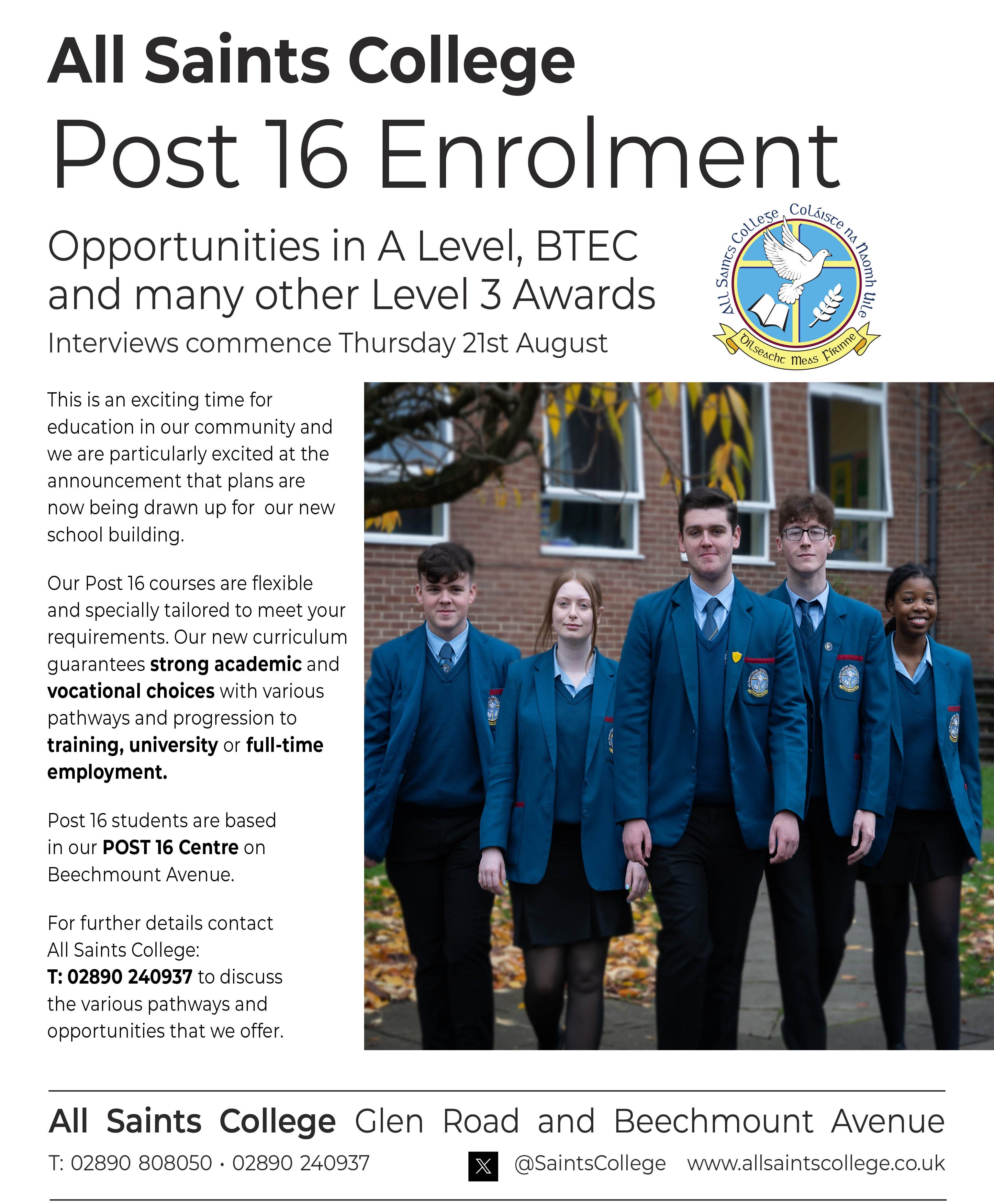THE past week at Celtic has been dominated not by talk of footballing exploits but by the sound of discontent from the fans. A section of the support long frustrated with what they see as a lack of ambition from the board staged a boycott during Sunday’s league match against Kilmarnock at Rugby Park. It was a protest that sought to underline their role as the club’s 12th man while reminding the directors that loyalty should not be taken for granted.
The demonstration was simple yet symbolic. Many fans refused to take their seats until the twelfth minute of the game, leaving swathes of empty terracing in the early stages. When they did file in banners appeared and chants rang out aimed squarely at the hierarchy. The message was clear: the summer’s recruitment was not good enough, the club’s European exit was unacceptable and the board must take responsibility. Though not every supporter observed the boycott, it was covered during the live coverage on Sky and its visibility was enough to ensure headlines.
On the pitch Celtic endured a tense afternoon on that famously awful plastic pitch, but eventually found a late escape. The match seemed destined to finish level until sub Kelechi Iheanacho held his nerve deep into stoppage time and converted from the penalty spot. The 1-2 victory spared Brendan Rodgers’ side further embarrassment and allowed them to maintain their position at the top of the Premiership table, but if the board hope it will cool frustration in the stands they are badly mistaken. Rodgers himself admitted afterwards that he understands the fans’ anger, conceding that the summer window had not delivered the depth or quality required. Yet he urged unity and focus, insisting the players should not carry the burden of disputes between supporters and directors.
If there was one bright note from that drab Kilmarnock encounter it came in the performance of the young Tunisian international wing back Sebastian Tounetki, who showed real energy, talent and commitment in his first outing. His willingness to go at defenders was a joy to behold and that refreshing directness combined with a calm and assured distribution to offer Celtic a degree of stability when others around him looked shaky. Rodgers has spoken highly of the winger’s potential and if the Swedish-born youngster is able to turn that debut performance into a consistent run of form then it might be that that shambolic transfer window might just have delivered at least once.
Attention now turns to Sunday’s Premier Sports Cup quarter final away to Partick Thistle. Normally a tie against Championship opposition would not generate much anxiety but the circumstances surrounding the fixture have already raised eyebrows. Firhill does not have the necessary infrastructure for the use of VAR, meaning the game will be officiated without the technology. Referee Kevin Clancy and his assistants will be the sole arbiters of key incidents from marginal offsides to penalty claims and that is sure to put additional pressure on the officials.
Celtic have often found themselves at the centre of VAR debates in recent seasons with supporters quick to highlight perceived inconsistencies in its application. Now in a match of real significance they must, for one game at least, return to a world without it. Rodgers will doubtless remind his players that they cannot rely on technology to save them from errors or injustice. If the tie is close and a major decision goes against them the lack of video review will be an easy target for post-match discussion.
For their part, Thistle fwill relish the opportunity to go up against their Glasgow neighbours, knowing that hosting the Premiership champions offers both a financial boost and the chance of a famous upset. The absence of VAR may embolden them further as they trust the atmosphere at Firhill and the immediacy of the contest to play in their favour. Cup football has a long history of surprises.
Complacency is Celtic’s enemy. Lifting silverware has always been a means of steadying the ship when turbulence arises off the pitch. A convincing win could help soothe some of the current discord even if it will not fully erase the deeper issues between board and support. Conversely of course, a slip-up against lower league opposition would intensify the unrest and add tremendously to the existing sense of disillusionment surrounding the club.
Rodgers must look to freshen up his midfield for the trip to Firhill. Against Kilmarnock the central areas often looked flat with a repeated lack of tempo and penetration slowing Celtic’s play. In my opinion this is a prime opportunity for Paulo Bernardo to be given a chance. The midfielder has featured only twice this season but impressed in both of his appearances with his energy and eye for a forward pass. Many supporters frustrated with the predictability of the current midfield trio believe Bernardo’s inclusion could provide a spark, adding urgency to a side that too often labours against compact, low-block defences. With rotation likely the tie could offer him the young Portuguese an opportunity to stake a claim for a more regular role.
But the fans remain the central story. Their boycott has already sparked widespread debate about how Celtic are run and how seriously the directors take supporter concerns. With banners declaring ‘Sack the Board’ starting to appear, Rodgers seeming tense and unhappy, and live TV cameras beginning to focus on the directors’ box as if it’s a courtroom, it feels like something has to give. At the same time it is important for supporters to remain united and avoid turning frustration on one another. Whether fans choose to take part in protests or not they share the same goal of wanting the best for Celtic. Division within the stands only weakens the power of the collective voice and Rodgers is right when he reminds everyone of the value of solidarity.
The Thistle tie is unlikely to change the bigger picture but it does provide an opportunity for players to show they remain committed to winning regardless of the noise around them. Should Celtic progress with authority it may at least provide temporary relief from the turmoil.
What comes next will depend not on a single result but on whether the board acknowledges and acts on the growing dissent. For now, the team must put politics to one side and deal with the immediate challenge. Firhill will not be an easy venue and without the safety net of VAR there is always the chance of controversy. Celtic, accustomed to having every angle scrutinised, must rediscover the more straightforward art of winning football matches. The late drama at Kilmarnock was enough to keep them top of the Premiership. Against Partick Thistle they will be expected to show that they can cut through the uncertainty, refresh that midfield and reassert their dominance in Scotland’s domestic cup competitions.



